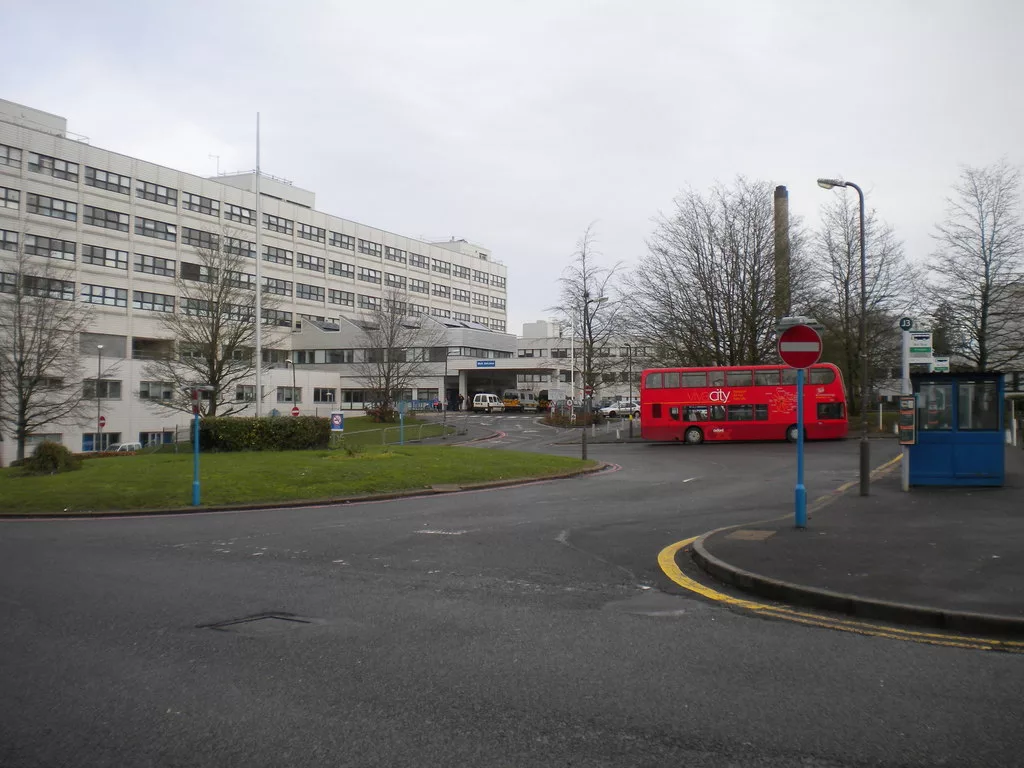Oxford’s John Radcliffe Hospital has announced increased levels of pressure in the midst of junior doctor strikes lasting six days. An Operational Pressure Escalation Level (OPEL) 4 has been declared, the highest level on the framework, signalling an increased risk of compromised patient care and safety.
Junior doctors have taken part in over 30 days of strikes since March 2023, demanding a 35% pay increase. Last month, negotiations broke down between the British Medical Association and the government, leading to a three-day strike in December and the subsequent action this year. The six-day strike is the longest industrial action in NHS history, lasting from the the third to the ninth of January.
Alongside Horton General Hospital, John Radcliffe has asked staff to take steps to ease pressures on services, including discharging patients as soon as they are ready to leave and rescheduling some elective procedures. In line with national aims, accident and emergency departments are being prioritised over non-urgent needs. Chief Operating Officer Sara Randall said: “We are working with our systems partners to ensure that patients who are ready to continue their recovery at home and leave our hospitals are able to do so in a timely manner. This frees up beds for patients who need to be admitted.”
Oxfordshire hospitals have been under increasing strain, with only 62% of A&E patients being admitted, transferred or discharged within the four hour target. Last winter, Oxfordshire went into OPEL 4 for one day, while remaining in OPEL 3 across the season. Ms Randall observed: “As is often the case at this time of year, the Trust is under a lot of pressure with high numbers of patients attending our hospitals and many of those needing to be admitted. Increased attendance at A&E departments, staff shortages, and reduced patient discharge have contributed to the increased pressure, accompanying the industrial action.”
Ms Randall commented on the strikes: “This industrial action is going to be very challenging for us because the beginning of January is always a particularly busy time for the NHS. We are working hard to ensure the safety of all our patients, and the wellbeing of our staff.
“It is highly likely that waiting times for our urgent and emergency care services will be longer. Our Emergency Department colleagues are working exceptionally hard, and have to prioritise patients who genuinely need emergency care.”


